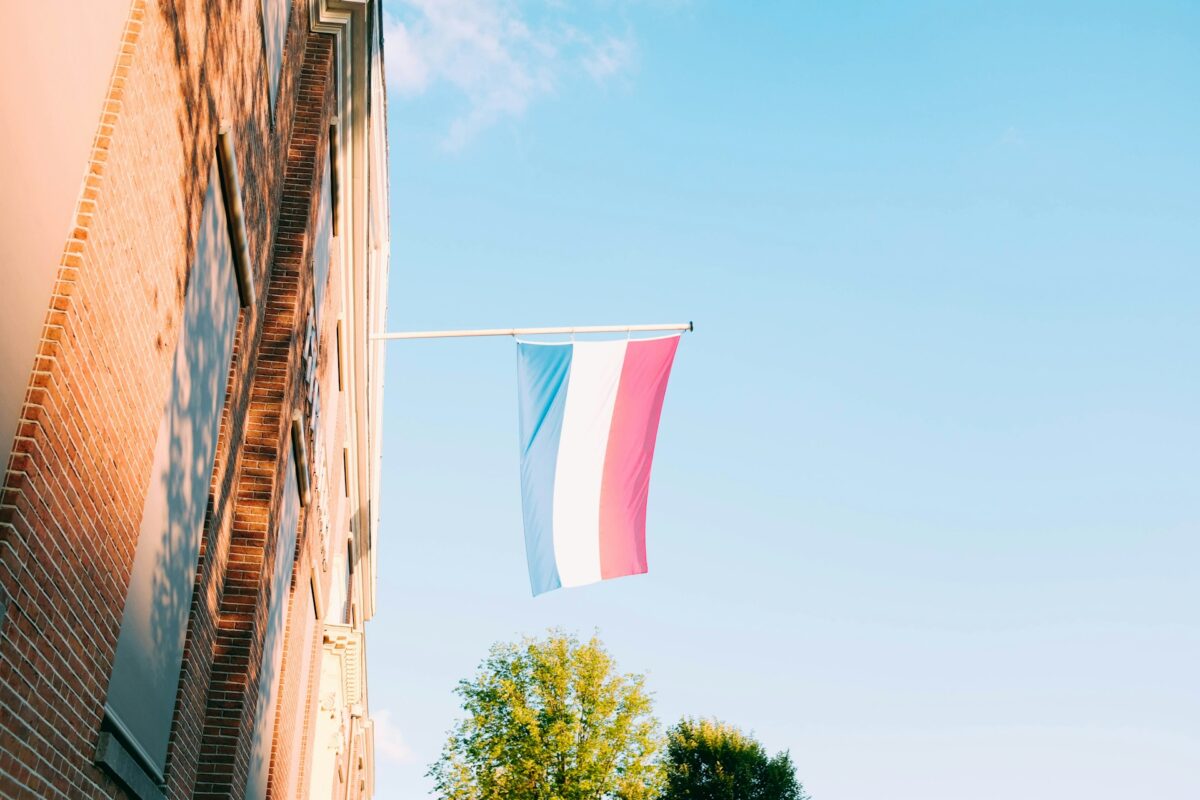
Rijksdienst voor Ondernemend Nederland (RVO), the Dutch state-run agency that manages the the country’s Stimulation of Sustainable Energy Production and Climate Transition (SDE++), says the subsidy scheme was undersubscribed this year.
The program, aimed at companies and non-profit organizations that generate renewable energy on a large scale, was open from Sept. 10 to Oct. 10 and received 761 applications. In total, businesses applied for €9.8 billion ($10.2 billion) of subsidies from the €11.5 billion pot.
The agency said entrepreneurs have applied for 501 solar subsidies under the scheme this year, less than half the 1,130 received in 2023. The amount requested for solar panels fell from over €1.3 billion in 2023 to €319 million this year.
According to a letter to the Dutch parliament on the progress of the scheme, this year’s solar subsidy applications total 1,411 MW of ground solar, 474 MW of rooftop solar, and 138 MW of floating solar.
RVO says the decline in solar applications is due to the long wait time some entrepreneurs have for connections to the electricity grid, with some parts of the Netherlands suffering from grid congestion.
It added that negative electricity prices have become increasingly common, making investments in solar panels less attractive.
As businesses applied for less money than was available for solar installations, all applications will receive a subsidy as long as RVO approves their application. The agency said it is currently assessing all applications and will send out decision letters in the coming weeks.
While solar applications were down, RVO says some technologies, including green gas and hydrogen, were oversubscribed, with businesses applying for more than the €1 billion available for each.
The Netherlands added 1.76 GW of solar capacity in the first half of 2024, with 148,166 new PV projects. By the end of June, the country’s total installed PV capacity had reached 26.06 GW.